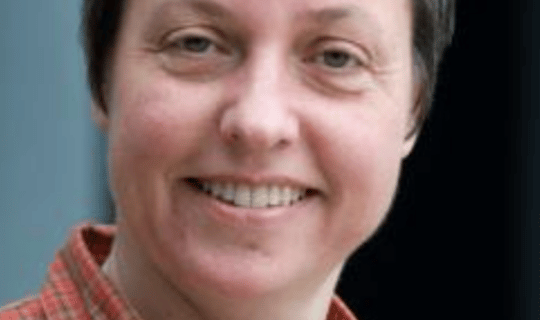
Professor Annemarie Meijer
Institute of Biology, Leiden University, Netherlands
- 17:00
- Via Zoom. Details to be email on seminar day,
- Dr Graham Lieschke
Interplay between Autophagy and Cell Death in Mycobacterial Infection
Abstract
Autophagy activation is a crucial innate immune defence mechanism against intracellular pathogens.We have identified the membrane protein DRAM1, for Damage-Regulated Autophagy Modulator 1, as a key host resistance factor that augments pathogen degradation through pathways relying on the autophagy machinery, including xenophagy and LC3- associated phagocytosis (LAP). We found that DRAM1 augments LC3 recruitment in these pathways and promotes the fusion of bacteria-containing vesicles with lysosomes. As a consequence of reduced vesicle maturation, DRAM1-decifient macrophages fail to contain pathogens intracellularly and succumb to premature cell death by pyroptosis. Interestingly, we discovered that the central mediator of pyroptosis, Gasdermin, not only permeabilizes the plasma membrane but also mediates the rupture of bacteria-containing vesicles. Thereby Gasdermin facilitates invasion of the cytosol, which renders bacteria targets for xenophagy. These results show that DRAM1 plays a central role in host resistance to intracellular infection, acting at the crossroad of autophagy and cell death.
Bio
My research focuses on mechanisms of host defence against intracellular pathogens that parasitize one of the major cell types of the innate immune system, the macrophage. In addition to mammalian macrophages, we use the optically transparent and genetically accessible early life stages of the zebrafish to study macrophage defence mechanisms in a whole organism model system. Using the zebrafish model for tuberculosis, we contributed new insight into the connection between recognition of Mycobacteria and autophagy-mediated host defence. We also determined the role of the autophagy machinery during infections with Salmonella, Staphylococci, and Aspergilli. In addition, we focus on the chemokine signaling axes that drive migratory responses of macrophages and activate their microbicidal properties. Potential targets for novel host-directed therapies to fight antibiotic-resistant infections have emerged from both the autophagy and chemokine signaling research lines.
